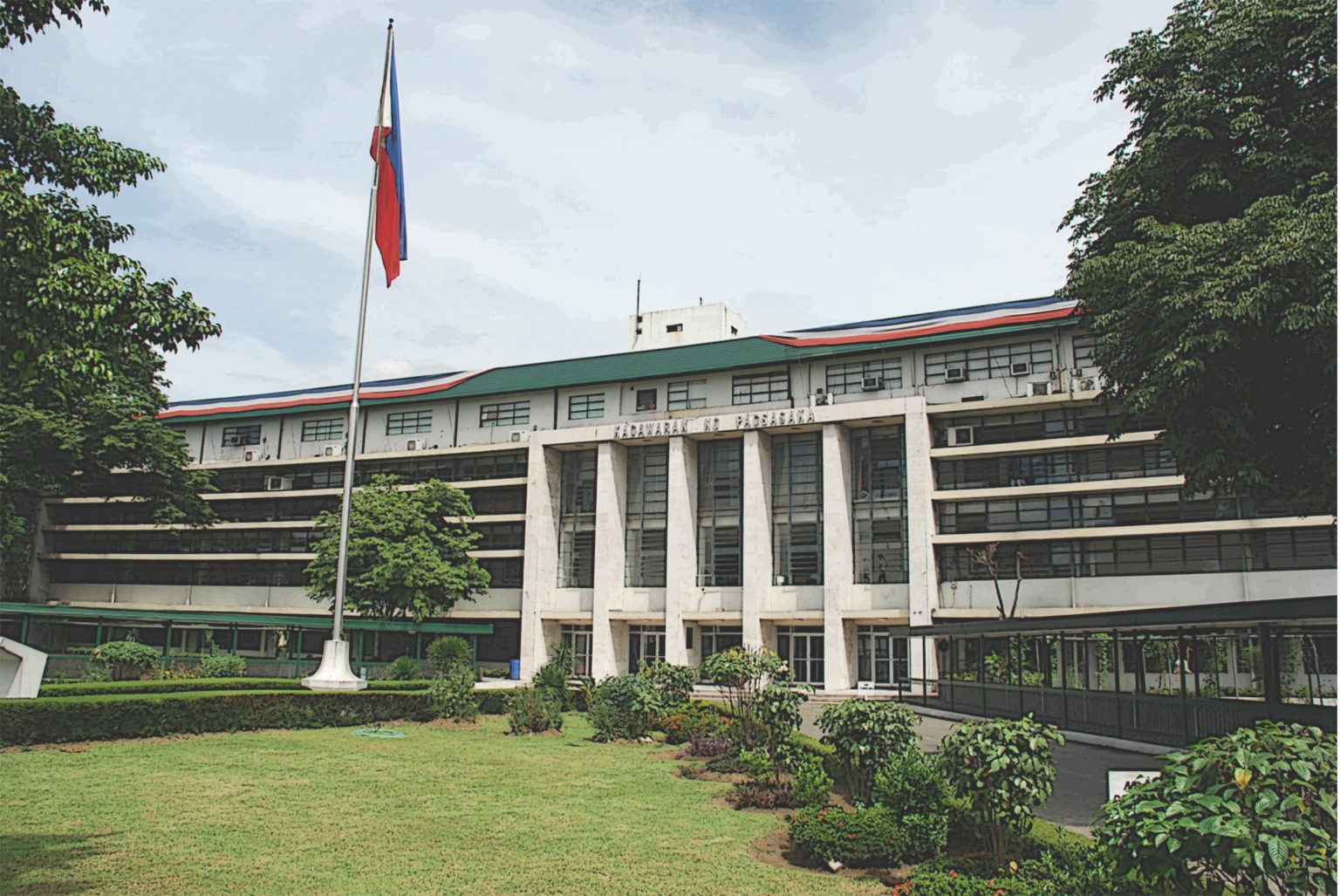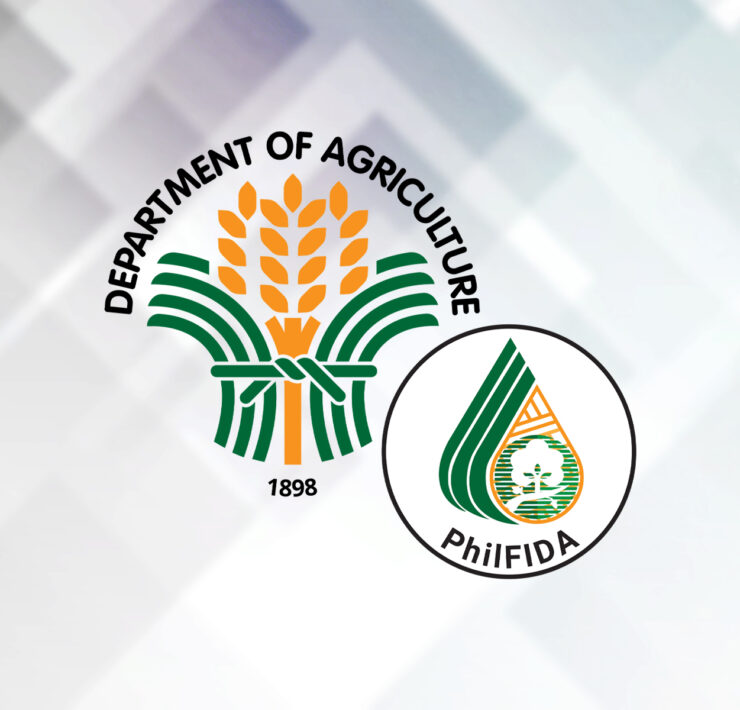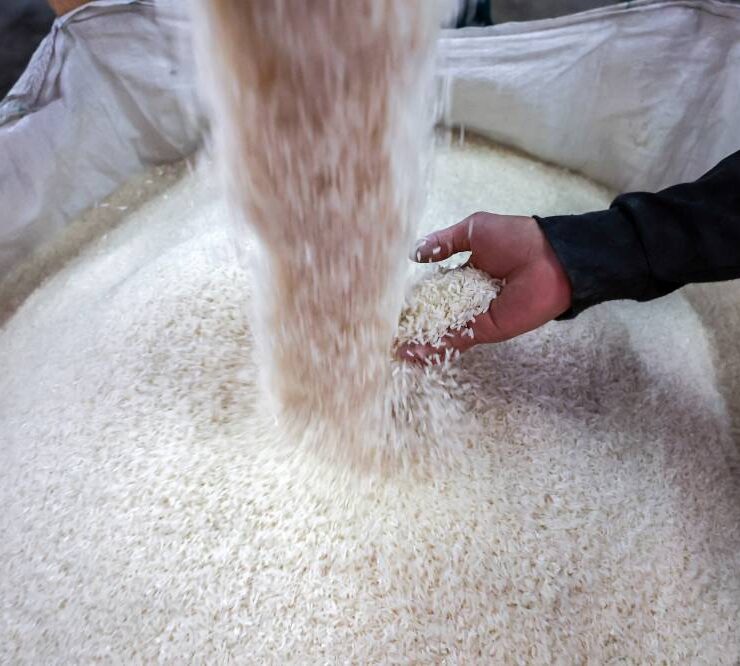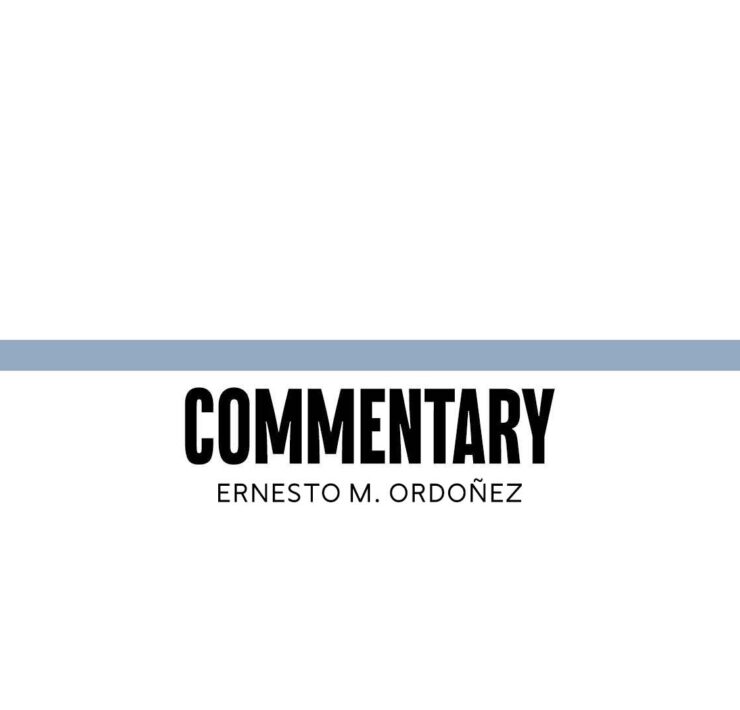The two business practices government should be doing

There are two business practices that Agriculture Secretary Francisco Tiu Laurel Jr. has used at the Department of Agriculture (DA), which have resulted in success.
These are the Management by Objectives (MBO) and the Pareto Principle (80/20 Rule).
Peter Drucker, who was one of my professors while I was doing my doctorate, created the MBO system, which is “an organized approach that allows the management to focus on achievable goals and to act on the best results from available resources” (open.lib.umin.edu).
The Pareto Principle or 80/20 Rule, on the other hand, states: “For many outcomes, roughly 80 percent of consequences come from 20 percent of causes. This can help identify which initiatives to prioritize so you can make the most output” (asana.com).
At a meeting of the public-private Philippine Council of Agriculture and Fisheries (PCAF), international committee member Jessica Santos asked why the performance results reported by the DA were in the form of activities, like planting materials distributed and trainings conducted. Results should be objectives reached, such as increasing farmer incomes.
At the next regular meeting of the Agri-Fisheries Alliance with Tiu Laurel, the Coalition of Agriculture Modernization in the Philippines will focus on the objective of improving incomes at the farm household level. Using the 80/20 Rule, limited resources should focus on clustering farms (1.3 hectares on average) to achieve economies of scale.
The initiative of the province-led Agriculture and Fisheries Extension System should also be strengthened, because the current extension being used has been a major obstacle to our development.
Agri mechanization
The two business practices were applied more consistently when Tiu Laurel started as DA chief. One such area is market mechanization.
On June 28, 2013, the Agriculture and Fisheries Mechanization Law was passed. Its key objective was to “promote the development and adoption of modern and cost-effective machinery and equipment to achieve food security and increase farmers’ income.”
To achieve this, one strategy was through “the registration and accreditation of suppliers, assemblers and manufacturers to ensure compliance to the prescribed quality standards.”
Unfortunately, there has been a flood of imports since our manufacturers cannot keep up with the demand for machines. Alarmingly, many turned out defective. And until now, the requirement to register importers has not been implemented.
When Tiu Laurel started last November, he inherited a limited budget and had to work with a bureaucracy. He admirably turned this into a positive force.
He used available resources to get the best return, saw the great good in the bureaucracy and used all of this to achieve faster development.
Partnership
Last July 9, the private sector heads of the international trade and mechanization committees of PCAF met with Bureau of Customs (BOC) Commissioner Bienvenido Rubio. With the proliferation of defective imports in the last 11 years, they asked why the BOC was not implementing the machine registration required by law.
Rubio said he did not even know about this law. To his credit, however, he acted swiftly.
He found out the law could not be implemented because there were still no guidelines. He immediately ordered his officials to fast-track the guidelines, which would be contained in a joint BOC-DA circular.
Over at the DA, Bureau of Agriculture and Fisheries Engineering Director Ariodear Rico has been doing good work alongside Janice Vargas and John Paul Romero. They have already completed six drafts in consultation with the BOC.
Since this is urgent, we recommend a procedure implemented by former President Fidel Ramos for flagship projects. Ramos would bring all relevant parties to a room and keep it closed until all parties reached a consensus.
In supporting the agriculture development objective through strategies like machine registration, there appears no clear agreement on the objective. Furthermore, the 80/20 Rule meant that resources should have been used to achieve this objective.
Instances like this should be prevented. Using the two business practices consistently, not only in agriculture mechanization but also in other governance areas, will significantly hasten our national development.
The author is Agriwatch chair, former secretary of presidential flagship programs and projects, and former undersecretary of the Department of Agriculture and the Department of Trade and Industry. Contact is agriwatch_phil@yahoo.com.





















